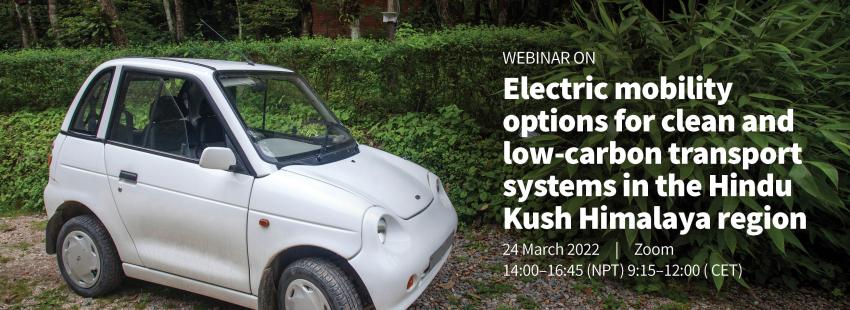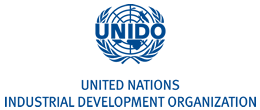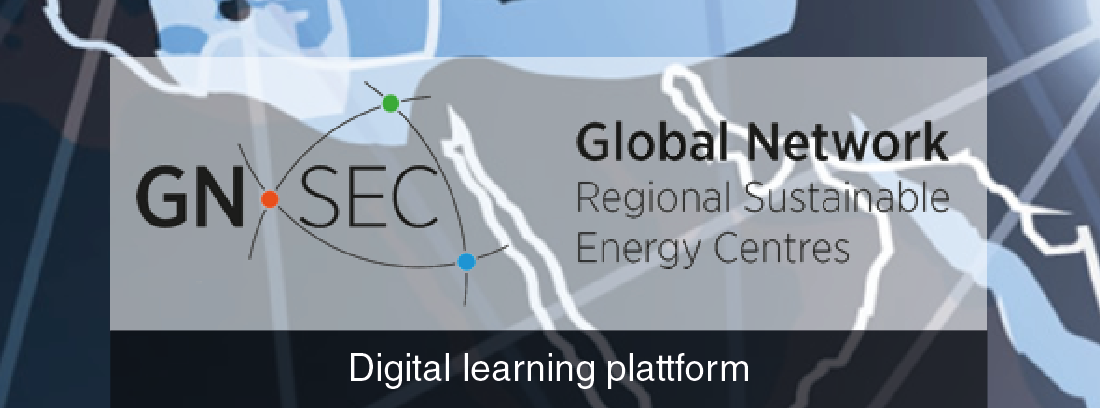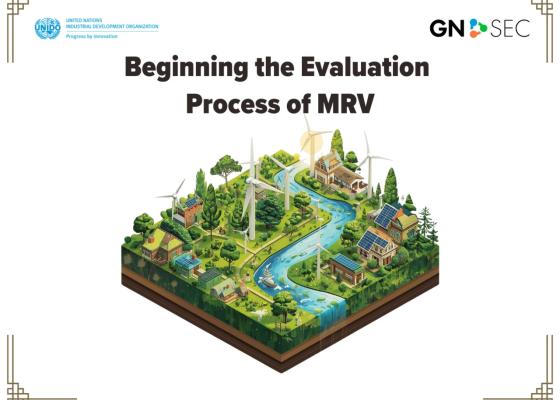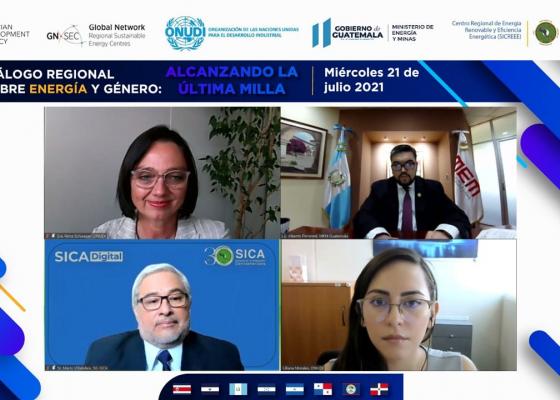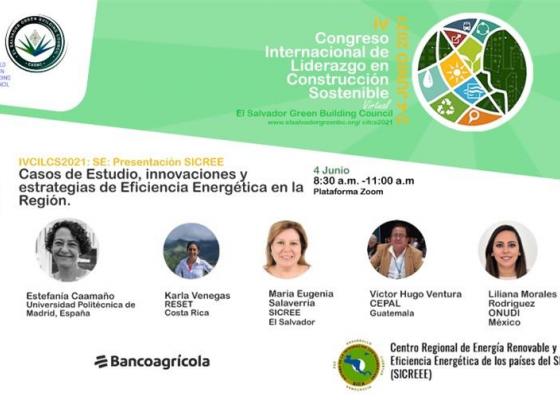Webinar: Electric mobility options for clean and low-carbon transport systems in the Hindu Kush Himalaya region, 24 March 2022

Webinar: Electric mobility options for clean and low-carbon transport systems in the Hindu Kush Himalaya region
Date: 24 March 2022, 9:15 -12:00 CET; 14:00 – 16:45 NPT
Organizers: ICIMOD, UNIDO, GN-SEC
This webinar, organized under the Global Network of Regional Sustainable Energy Centers (GN-SEC) programme, will feature presentations by international experts on the global status, programmes, and possibilities in electric mobility (e-mobility) to facilitate dialogue with transport and energy policy makers from the Hindu Kush Himalaya (HKH) region. The webinar will include discussions on e-mobility options and perspectives and provide quality inputs for the development of a potential regional policy framework and e-mobility roadmaps for HKH mountain regions. The webinar will provide the attendees with:
- A backgrounder on e-mobility solutions and a look at the status of e-mobility today
- An assessment of the suitability of e-mobility solutions in the HKH
- A review of the policies that have been introduced in certain countries that have just begun their e-mobility programmes
- An example of e-mobility governance from New Zealand
- A look at the makeup of future mobility
- A look at modern planning methods
- A mechanism to compartmentalize policy themes and identify needed policies
Background
Globally, the uptake of electric vehicles (EVs) has been steadily accelerating across all vehicle sizes, formats, and types. These developments are relevant not only for early-adopter countries, which have currently mature programmes in place, but also for countries that are just beginning with their e-mobility planning. Many areas in the HKH region fall into this latter group and have particular requirements, due to their mountainous topography, electricity generation systems, and local lifestyles.
These areas do, however, have the benefit of lessons learned from early-adopter countries, access to more developed EVs and charging equipment, a wider variety of choices, and greater certainty of where e-mobility might take them. This better-informed position presents an opportunity for many HKH countries to efficiently develop their e-mobility plans and programmes responding to their individual needs and mountainous characteristics. Moreover, a harmonized regional approach facilitated through the REEECH Initiative can help to address existing barriers and accelerate the introduction of EVs more effectively and at lower costs. Cross-border cooperation and exchange can promote equal progress and joint quality standards among HKH countries. It can also create the needed economies of scale to influence international vehicle supply chains, prices, and investments in charging infrastructure and e-mobility-based business models.
The potential social, economic, and environmental short-term and long-term benefits of e-mobility go hand in hand with the expansion of renewable energy systems in the HKH region. In some countries, there are opportunities for grid-to-vehicle and vehicle-to-grid services, including possibilities of participating in emerging global value chains of EV manufacturing and servicing.
Further Information is available here

